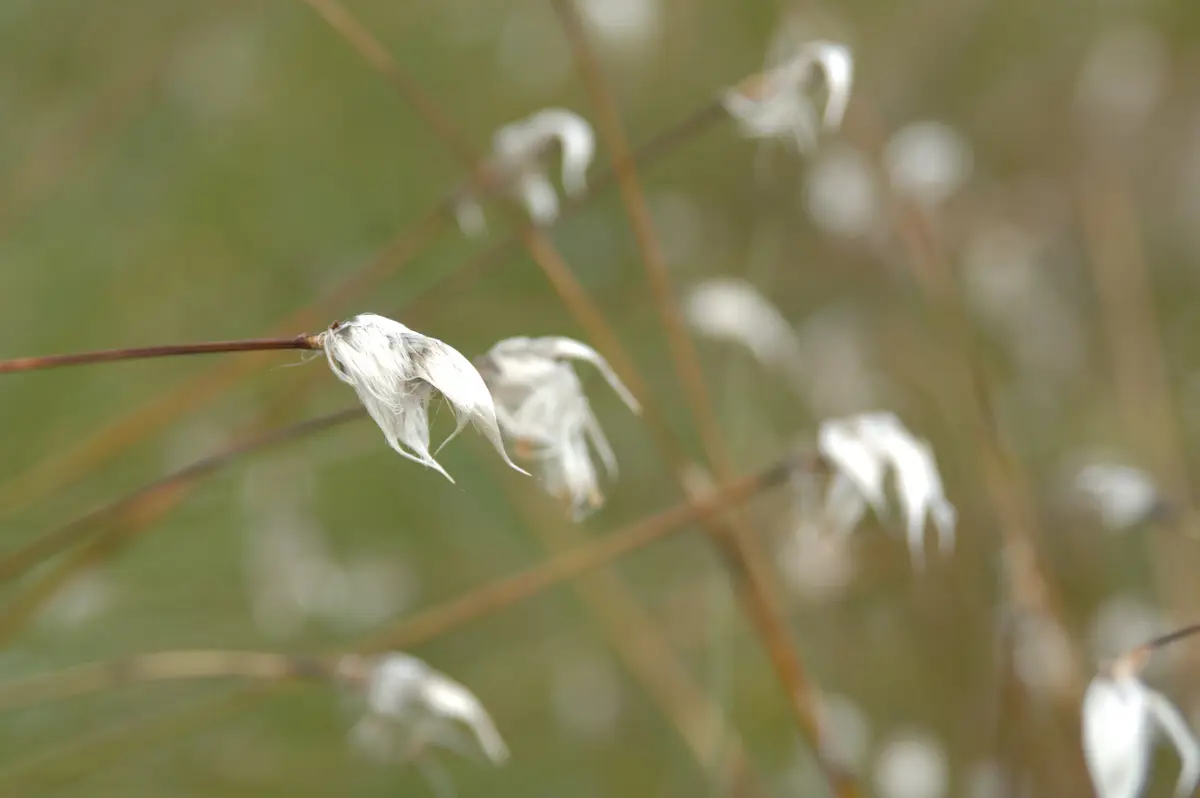Celebrating women in science
From Rachel Carson to Jane Goodall this world has seen many fierce women in the field of science. FLS is lucky to have our own team of scientists pushing the boundaries of conservation and land management.
We want to celebrate the International Day of Women and Girls in Science by highlighting some of the work women in forestry are doing right here in Scotland and impacting our land at a very local level.
Philippa Murphy
Regional Environmental Advisor
25 years with FLS
Environmental Advisors such as Philippa are responsible for taking care of our forests.
Her work sheds light on all aspects of woodlands, from species protection and conservation to habitat restoration and climate change. Philippa started at FLS as a forest worker and has been a part of many different aspects of the industry. She brings this big-picture-thinking to each of her projects.
Our advisors focus on more than just compliance; they look at the interconnectivity of our woodlands, striking a balance between traditional timber production and habitat restoration and species conservation.
You may have seen some of Philippa's work if you've driven past Speymouth forest near Fochabers on your way to Aberdeen from Inverness. In spring, small bog cotton flowers coat the ground with a blanket of white. This new addition to the landscape, alongside the arrival of lapwings and curlews, are from an ongoing peatland bog restoration project headed up by Philippa and her team.

Learn more about the Moray forest bog restoration project:
Katy Anderson
Environmental Forester
19 years with FLS
Environmental Foresters like Katy look after nature in our woodlands. They advise and support forestry operations in various ways by surveying and understanding the complexities of an area. This information is used to develop land management plans and projects such as Katy's water vole project in The Loch Lomond and Trossachs National Park.
Katy started the project after realising the rich wetland habitat in the park was perfect for water voles, yet she couldn't find any trace of them. These mini-ecosystem builders are an important part of Scotland's natural heritage and at one time the fastest declining mammal in the United Kingdom.
Katy and her team released over 1000 water voles in the national park between 2008 and 2011, since then they've expanded to colonise over 100 km squares.